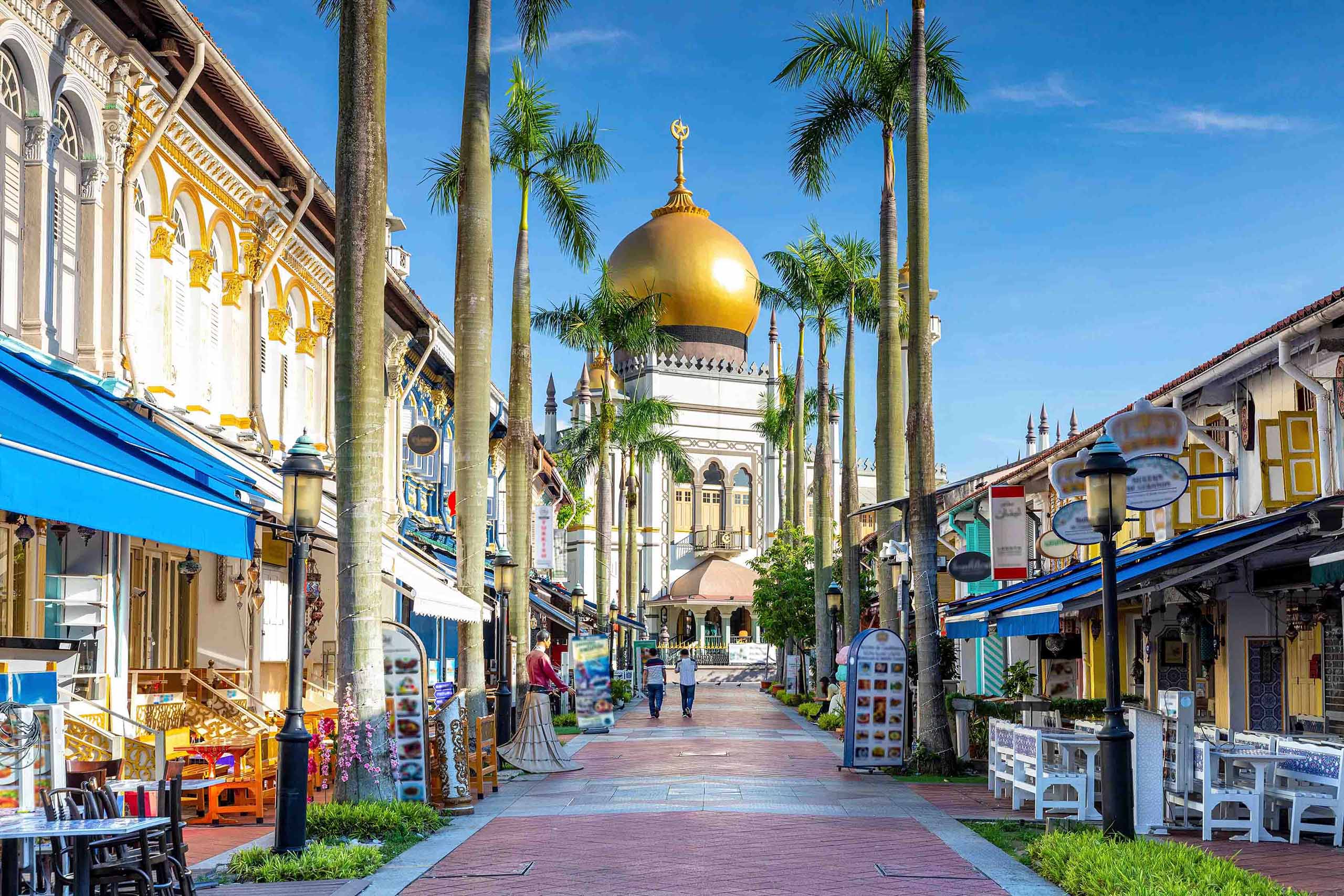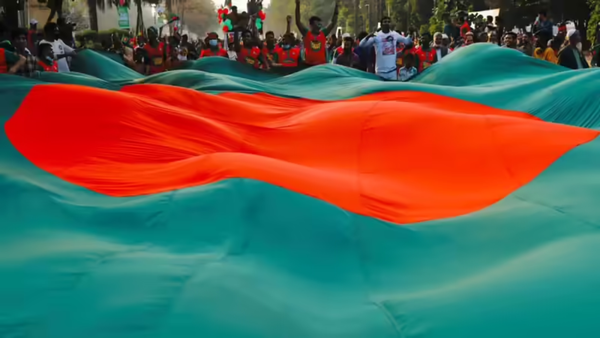
Y WE TRAVEL
Why do we travel? For too long, we took this question for granted. Travel can make our large world small, and we forgot what a gift this is until it all got taken away from us not too long ago. Today, we’re returning to the skies in record numbers, but with a more appreciative mindset. It’s a perfect moment to take stock. The contributors to the “Y WE TRAVEL” series are accomplished writers from all walks of life. Over the length of this series, they will explore the diversity of purpose in our journeys—not just where or how, but why. On behalf of Toronto Pearson Airport and the Canadian Airports Council, please enjoy.
I n my thirties and forties, when I finally had the financial means to travel, I viewed every flight as a licence to new adventures. The thrill of the unfamiliar and the promise of discovery occupied my every thought and drained my last cent. My first trips to East Asia, South America, North Africa, and Australia followed in quick succession.
My Canadian passport, obtained at thirty six, replaced my Yemeni document—historically one of the least-welcome travel documents in the world and currently ranked 106th among global passports by Guide Passport Index. It turned crossing borders from an existential dilemma into a mere formality. It’s a privilege and one of life’s biggest lotteries to have a border agent stamp your passport nonchalantly.
As my fifties draw to an end, my relationship with travel is changing. I still love to travel, but my itineraries keep getting smaller and are now guided by a desire not to explore the new but to relive the old. Gone is the young man’s curiosity, replaced by the hauntings of age. I travel to retrace my steps and to get as close as possible to the homelands I left behind nearly four decades ago—Yemen, Egypt—and the cities where I was swept off my feet romantically or came of age as a gay man—London, Hong Kong, Toronto. I travel to commune with the past and its cast of characters, from siblings to lovers, who once dominated or altered the course of my life. Every plane is a flying time machine, dials firmly set to the past.
My desire to reverse course, to return to the point of departure, became more acute during and immediately after the COVID-19 pandemic. Like billions around the world, my physical space had shrunk. I ached to travel but was consumed by the notion of going home.
In the months leading up to the pandemic, I had been field reporting a nonfiction book called Return, and I spent the next two years of social distancing writing it. Every interview subject, regardless of age, had booked that one-way ticket to the homeland: as if they intended to write, produce, and star in what they assumed would be the final act of their lives on their own terms. Their journey home gave them the creative control denied by years of diasporic living
But I also wanted something different from travel during the pandemic: a reassurance that the past would be waiting for me in the immediate future. I wished to preserve the certainties of the time before, complete with everything that made it mundane and predictable.
“Every return visit had a spiritual
element akin to pilgrimage.”
As the travel restrictions slowly lifted, the connection between my obsession with the past and my need to escape the present grew stronger, becoming almost uncontrollable. In 2021, I moved from Toronto, my home for twenty-five years, to Vancouver to take up a senior academic position at the University of British Columbia. I was barely a few weeks into my new life when I realized I wasn’t ready for such a big change. This city, stunning as it can be, could never be my home. Everything felt new, alien, and isolating at a time when my soul sought comfort and healing. I had just lost two sisters to COVID-19 the summer before, and grief had become an unexpected life companion.
Travel saved my life. I returned to Toronto as often as I could, staying in the guest suite of my former apartment building to restore the ties I had cut. I revisited every street where I had lived or experienced something memorable: a lovers’ quarrel or embrace, a friend’s cruelty or generosity. Every return visit had a spiritual element akin to pilgrimage. I even retained the services of my eye doctor and dentist of more than two decades. Moving my medical files to Vancouver would have been a break from home and given me one less reason to travel. The Toronto I dedicated my first book to lives more in my nostalgia-soaked memories than in reality. But with every trip back, I unearth a piece of its glorious past. I travel to indulge my inner archeologist.
However, a travel destination need not have played a decisive chapter in my life for me to want to return. My last international trip before the pandemic was to a literary festival in Singapore. I was there for six days, five and a half of which were spent in the fog of severe jet lag. Yet I fell in love with the city-state. I promised myself I would return and spend more (waking) time there, but the pandemic disrupted those plans. When I was invited back to the same festival in 2022, I knew immediately that I had to go and relive that moment.
Something about Singapore felt like a long-lost homeland. Yemenis from the province of Hadramut, my mother’s birthplace, have been migrating to it for nearly two centuries. There are still traces of their history here and there: in the gentrified, Insta-ready Arab Street or Aljunied Road (and metro stop), named after a wealthy nineteenth-century merchant from Yemen. I have returned twice more since. The year-round tropical weather is the closest I’ll come to experiencing, as the old jazz standard goes, “a summer with a thousand Julys”: my idea of heaven, of home.
Singapore is the new familiar, the comfort zone that allows me to pursue a place with a feeling of safety and belonging I once knew. As the world becomes more unpredictable and geopolitical points of tension erupt everywhere, I’ll keep travelling in time and through space, crossing continents and oceans, just to feel at home again.
Kamal Al-Solaylee is the author of three nonfiction books: Intolerable: A Memoir of Extremes (2012), Brown: What Being Brown in the World Today Means (to Everyone) (2016), and Return: Why We Go Back to Where We Come From (2021). He holds a PhD in English and is the director of the School of Journalism, Writing, and Media at the University of British Columbia.
Explore the rest of the Y WE TRAVEL series.







